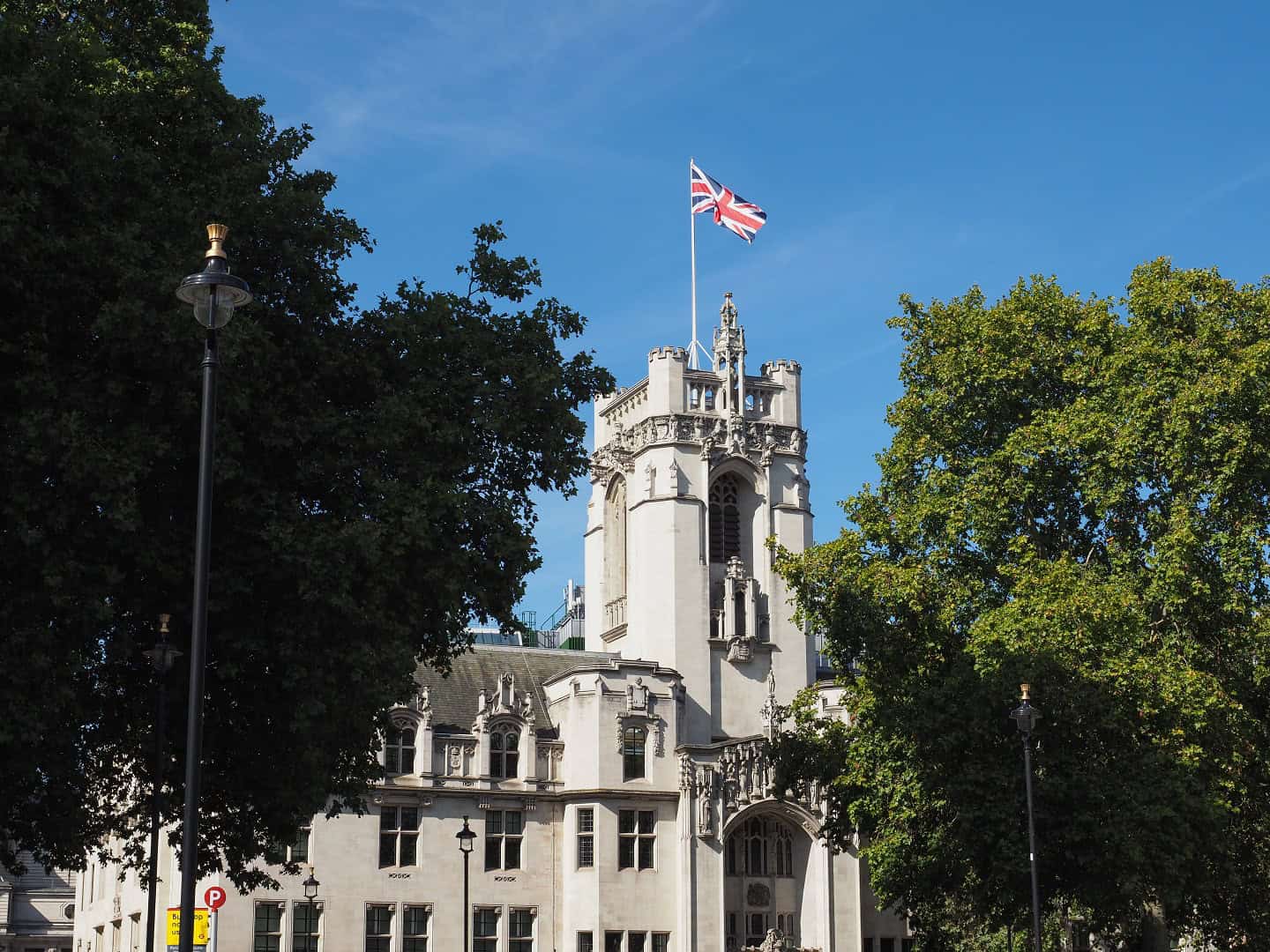
Bolt Burdon Kemp successful in the Supreme Court
Bolt Burdon Kemp have succeeded in a case heard by the Supreme Court, on a point relating to costs litigation in the post-Jackson landscape.
Background to the case
Bolt Burdon Kemp represent the claimant in respect of her claim which arose from a road traffic accident and was issued in 2014 under the RTA Protocol. The case subsequently exited the portal and was allocated to the fast-track. Days before an application for re-allocation to the multi-track was heard, the defendant made a Part 36 offer and agreed that the matter should be allocated to the multi-track. In the first instance, DDJ Harvey agreed with the defendant that fixed costs under CPR 45 should apply as the case had not been allocated to the multi-track.
Hearings at the Court of Appeal
On the first appeal before His Honour Judge Wulwik he ruled in favour of our client, the claimant, on the first ground of appeal. On the second appeal, of which Lord Justice Newey gave the lead judgment, the court ruled in favour of the defendant on the issue on contracting out of fixed costs.
Success at the Supreme Court
The outstanding question was one of QOCS and the implementation of Howe v MIB, for which the Court of Appeal gave the claimant permission to be challenged in the UK Supreme Court. The overturning of Howe v MIB would have a significant effect on all personal injury litigation subject to QOCS – in particular a defendant’s ability to recover its costs from claimants who are subject to an adverse costs order.
The judgment, decided in the claimant’s favour, brings certainty to personal injury claimants, defendant insurers and their solicitors on both sides.
Sam Hayman, Partner and Head of Costs at Bolt Burdon Kemp said:
“This judgment puts right a significant watering down of one of the core protections of the Jackson reforms. Howe v MIB (no.2) was wrongly decided and that was clear from the decision of the Court of Appeal in this case, which felt bound to follow Howe, despite finding that it was wrongly decided.
Thankfully, the Supreme Court Justices unanimously agreed with the claimant’s case that permitting a set-off of costs versus costs was opening a back door to QOCS protection and exposing personal injury claimants to potentially ruinous liabilities.
The pursuit of costs in this way by defendant insurers where they had already substantially benefited under the 2013 reforms by way of the abolition recoverable success fees and ATE premiums, was a stark example of why the system set out in Howe needed rebalancing to preserve fairness for claimants. In the words of Briggs LJ:
“Any apparent unfairness in an individual case … is part and parcel of the overall QOCS scheme devised to protect claimants against liability for costs and to lift from defendants’ insurers the burden of paying success fees and ATE premiums in the many cases in which a claimant succeeds in her claim without incurring any cost liability towards the defendant.””
Tom Jenkinson, an Associate in the Costs team who also assisted with the case said:
“The decision today handed down by the Supreme Court overturns the Court of Appeal decision in Howe v MIB from 2017 and widens the protection to personal injury claimants. In Cartwright v Venduct, the Court of Appeal decided that there were limited circumstances in which a defendant can enforce against a claimant’s damages, and now Ho v Adelekun will follow on from that and protect the claimant’s costs from defendant costs orders.”










